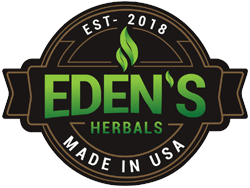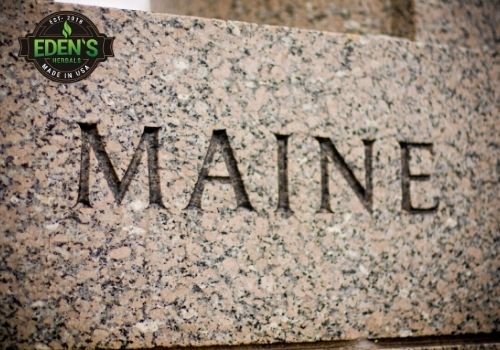 The 2018 Farm Bill legalized CBD at the federal level. Meaning that the product could be bought, sold, and transported anywhere within the United States.
The 2018 Farm Bill legalized CBD at the federal level. Meaning that the product could be bought, sold, and transported anywhere within the United States.
Contrary to popular belief, this did not mean that any kind of CBD could be purchased or sold anywhere in the United States.
State and local governments can create any number of regulations and laws. Provided that these laws do not conflict with state law or existing constitutional limitations
All fifty states are free to enact their regulatory creations when it comes to CBD. Some states have enacted relatively complex laws, while others have taken a more hands-off approach.
Hemp Growth in Maine
The State of Maine has taken an active role in creating, selling, and distributing CBD in the state. Maine's Department of Agriculture, Conservation, and Forestry has an extensive webpage that reviews the process of growing hemp to make CBD, fiber, or food.
The page details how a commercial grower can start farming hemp in the state and what sort of laws it must adhere to. But, the DACF only regulates and licenses growers - not processors.
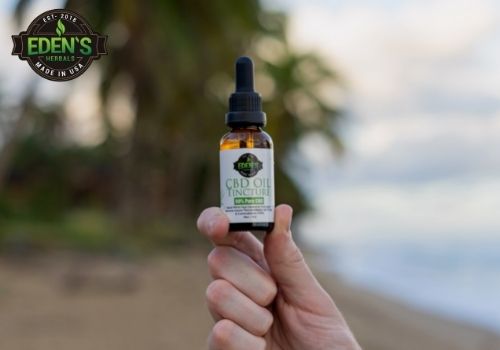 There are some other unique aspects of Maine's program. While commercial hemp farming is heavily regulated, individuals can have up to three hemp plants for their growth and non-commercial use. This has helped to encourage a recreational hobby of hemp growing in Maine.
There are some other unique aspects of Maine's program. While commercial hemp farming is heavily regulated, individuals can have up to three hemp plants for their growth and non-commercial use. This has helped to encourage a recreational hobby of hemp growing in Maine.
This should not be confused with marijuana plants. THC is regulated under a very separate statute and different departments. However, the fact that people are allowed to have their own personal hemp plants at all makes Maine somewhat unique.
Is CBD Oil Legal in Maine
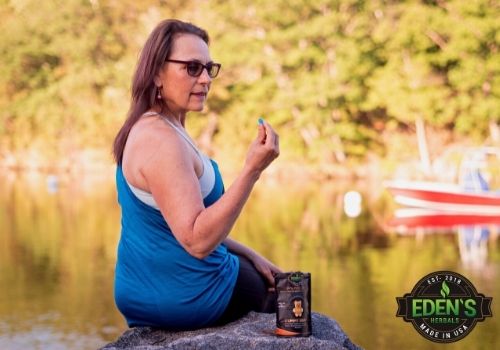 CBD is perfectly legal to buy and sell in the state of Maine. As long as the CBD sold complies with federal and state law. Meaning that it contains no more than .3% THC - it can be purchased or sold anywhere in the state. Because it is legal at the federal level, Maine residents have many options when it comes to ordering CBD.
CBD is perfectly legal to buy and sell in the state of Maine. As long as the CBD sold complies with federal and state law. Meaning that it contains no more than .3% THC - it can be purchased or sold anywhere in the state. Because it is legal at the federal level, Maine residents have many options when it comes to ordering CBD.
For example, they can order it on the internet and have the CBD shipped into the state. Users who are traveling from other states can also transport their CBD over state lines. As long as the CBD complies with existing federal law, they will have no problem using it in the state.
Maine CBD merchants can open if they are licensed by the Maine Department of Agriculture, Conservation, and Forestry. These vendors are subjected only to already existing state and local laws.
Unlike alcohol, which is heavily regulated - or marijuana, which is even MORE heavily regulated - Maine residents under 18 can purchase CBD. However, CBD products must have a 0% THC content to be considered non-intoxicating.
There is no shortage of CBD stores in the state, with stores available in all major Maine cities. With its increasing demand for the product, with one in three American adults have used it already, it seems very likely that the availability of CBD will only continue to increase over time.
Maine does have some relatively extensive requirements on any CBD that is sold in the state. All CBD sold must contain ingredients and amounts, as well as have information on the manufacturer of the product.
The marketing for CBD must align with federal guidance, meaning that it must not make any explicit medical claims. No CBD products have been proven definitively enough for the United States Food & Drug Administration to confirm them.
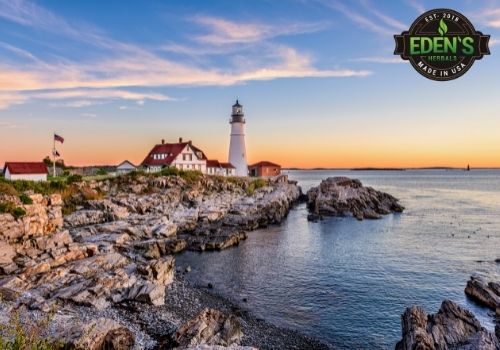 While these laws are somewhat more extensive than those of many other states, food or drink containing CBD must be made within the state of Maine. These products cannot be purchased outside of Maine or over the website. Any food products that contain CBD must be explicitly labeled as such.
While these laws are somewhat more extensive than those of many other states, food or drink containing CBD must be made within the state of Maine. These products cannot be purchased outside of Maine or over the website. Any food products that contain CBD must be explicitly labeled as such.
Marijuana & CBD Laws in Maine
The relation between marijuana and CBD has led many to wonder whether the two products have similar laws.
It is very important to note that this is not the case. Maine has always been one of the more progressive states when it comes to legalization. As it legalized medical marijuana in 1999 and recreational marijuana in 2016. As such, the state has more experience in the legalization, regulation, and sale of marijuana.
That being said, the interaction of these two laws is essentially non-existent.
CBD cannot be sold as CBD if it contains more than .3% THC or tetrahydrocannabinol. This is not set only by Maine law but by federal law, and specifically the 2018 Farm Bill.
CBD with more than these limits of THC can be purchased, but that means that it must be grown, processed, and sold as marijuana - not as CBD. This would make the substance subjected to a much harsher set of laws and regulations.
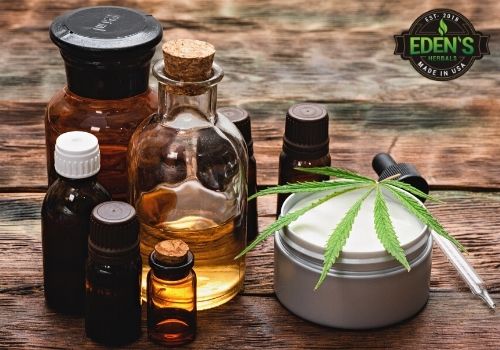 Maine falls in the middle when it comes to consumer protection and licensing. As well as its special licensing laws help protect customers. At the same time, the state's requirements that products be labeled - as well as its robust hemp licensing and inspection system - help to ensure that Maine residents who purchase CBD are only buying high-quality goods.
Maine falls in the middle when it comes to consumer protection and licensing. As well as its special licensing laws help protect customers. At the same time, the state's requirements that products be labeled - as well as its robust hemp licensing and inspection system - help to ensure that Maine residents who purchase CBD are only buying high-quality goods.
Furthermore, a slew of CBD stores are available in the state. However, Maine residents can always turn to the internet to make a purchase, thus ensuring that they will never have any trouble getting the CBD that they want.
If you want to learn more about CBD Oil in Maine, contact Edens Herbals at [email protected] today!
*These statements have not been evaluated or approved by the Food and Drug Administration and are not intended to diagnose, treat or cure any illness. Medical advice should be taken from a medical professional.
All of the articles on this site are written by 3rd party content providers, expert bloggers or doctors not directly affiliated with Eden's Herbals.
Individuals should learn the risks and side effects prior to taking CBD. Make sure to always check with a medical professional before starting any new CBD treatment or medication that is not FDA approved.
